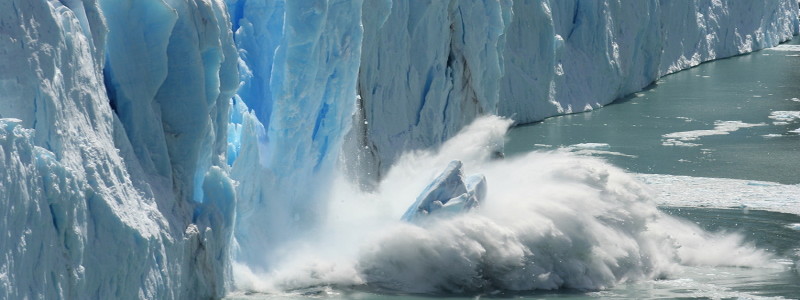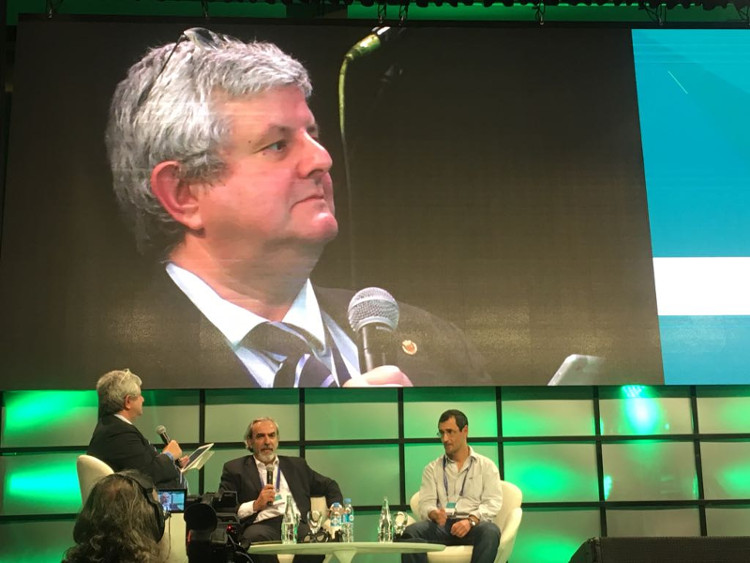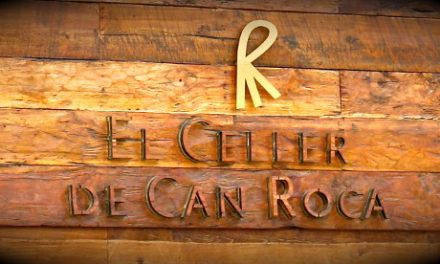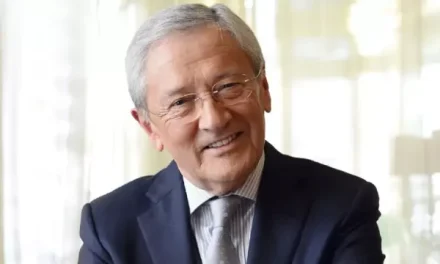“We are interconnected within complex systems. Our incidence on the climate makes natural disasters unpredictable”
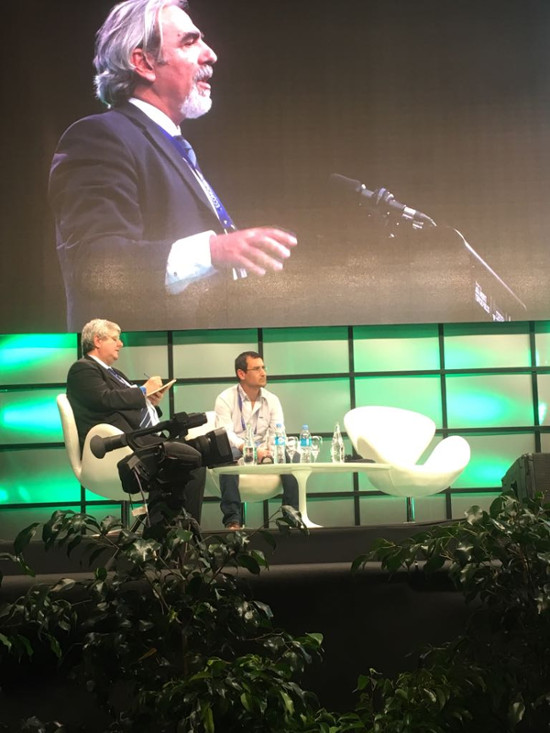
“Leading this reality is complicated with the economic and political institutions we have -he continued-, and the economic ones are mediated by the markets, which don’t seem able to regulate some of these uncertainties without changing their design”. As for the institutions, he considered that they are based on 19th century models and can not face the challenges of the 21st century. “It should not be forgotten that political institutions respond to a greater or lesser extent to the interest of lobbies and large corporations and the citizen has neither access nor control over that mechanism of power”. Faced with this reality, the lecturer sees only one way out: to strengthen civil society and to promote leadership actions.
For his part, Jiménez made a presentation titled “Los Parques Naturales como modelo ecoturístico” (The Natural Parks as an ecotourism model), in which he opted for a new model of conservation of biodiversity surpassing the traditional model and taking advantage of the interest generated by nature for the urban population. The example of the rapporteur was the creation of a foundation promoted by two entrepreneurs, Christian and Doug Tompkins, who decided to use their personal fortune in a foundation dedicated to buying private land, turning them into natural parks with a huge wealth of biodiversity and then donating them to the State to convert them into areas of public access and protect and create environments for species that were about to disappear.
This action has been implemented in Argentina and Chile and so far have 800,000 hectares that host five nature reserves. Its goal for the end of this decade is to reach the five million hectares in natural areas with a purely conservationist purpose. “There are those who believe that conservationism and economic development are contradictory terms and is false -he said-. This model has shown how totally complementary they are, since it has generated wealth in the form of jobs, restocking or maintenance of people in rural areas and, in short, a new economic model based on ecotourism”.

